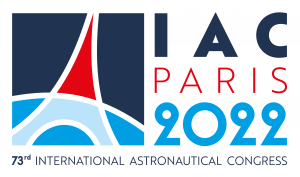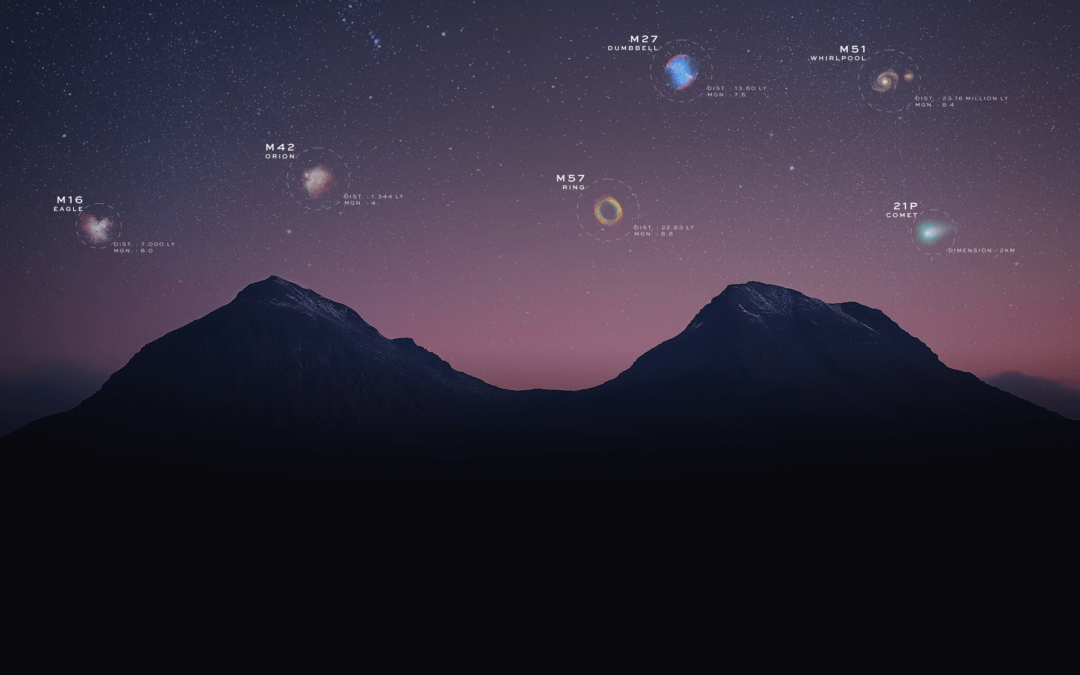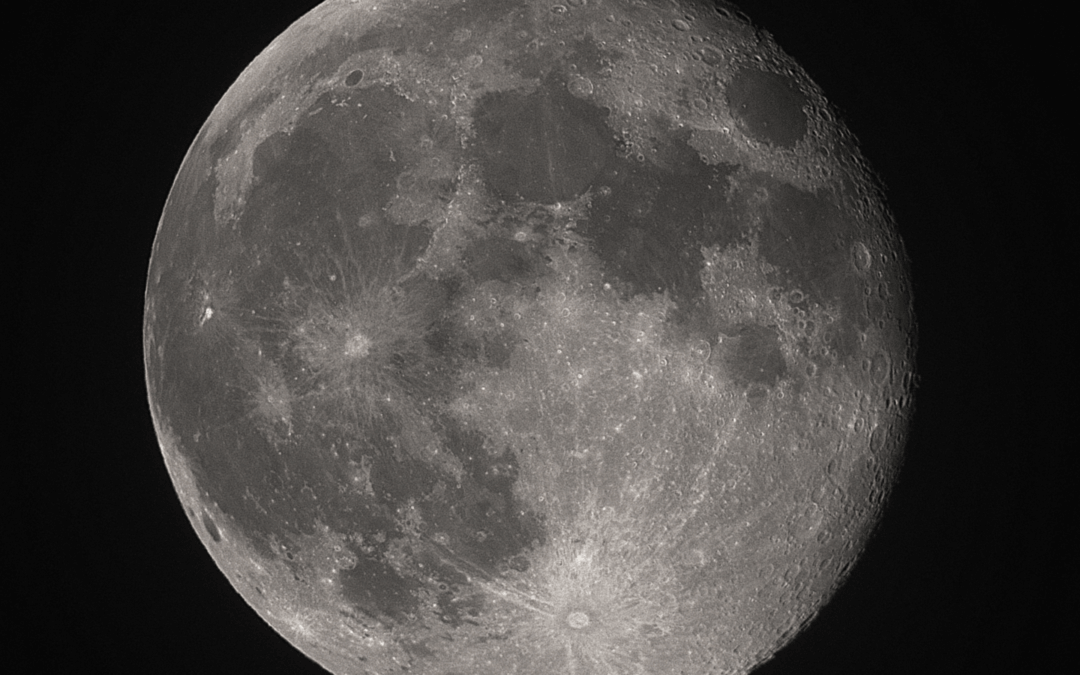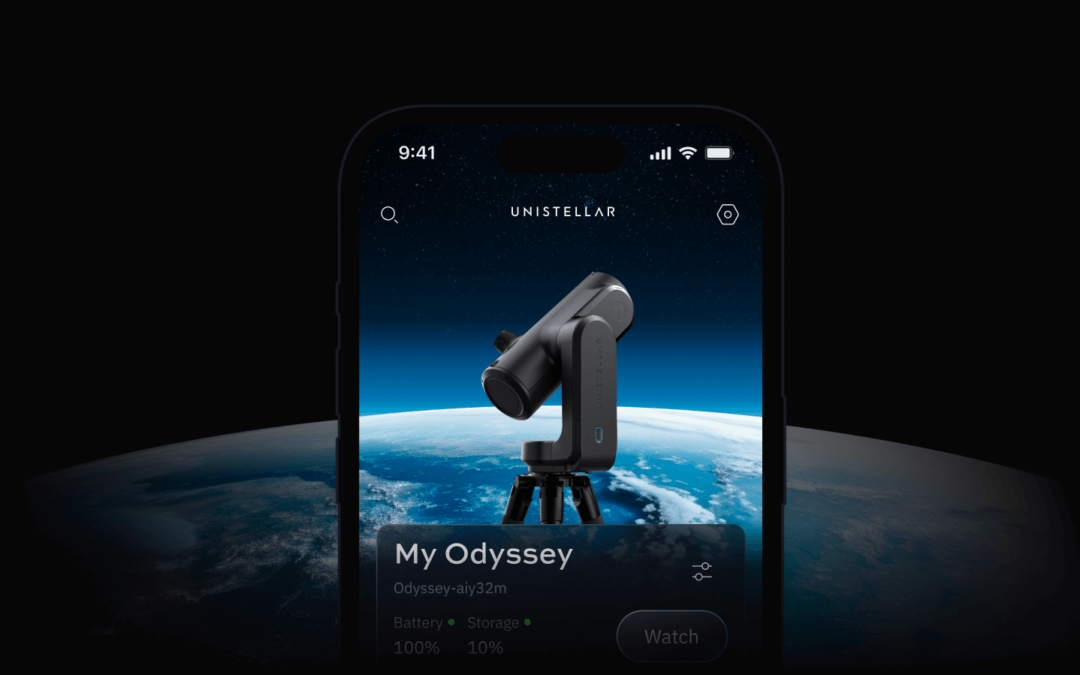Paris, France, 14 SEPTEMBER 2022 – Unistellar today announced that it will be taking part in its first International Astronautical Congress (IAC), which is to be held at Paris’s Porte de Versailles exhibition centre from 18 to 22 September 2022. Unistellar is attending the space industry’s biggest international gathering to show that the public can play an active role in the future of space adventure. They are also announcing their recent approval and funding from NASA.

The young company has experienced significant growth in the past year with its smart telescopes including the eVscope eQuinox and the eVscope 2. Based in Marseille and San Francisco, it has a global community of more than 10,000 citizen astronomers, often beginners, who, thanks to the power of these instruments, can enjoy the pure sense of wonder of outer space observations while helping with a range of scientific projects including the JWST, the Lucy mission and the DART mission.
Exoplanet detection citizen science programs approved by NASA
The exoplanet detection citizen science programmes available to the international community of Unistellar smart telescope users now have approval and funding from NASA.
In the first approved programme, the Unistellar network is confirming new exoplanets detected by the TESS satellite. The space agency also supports a programme where citizen astronomers use eVscopes for citizen science tasks focusing on the Exo-Jupiters discovered by NASA missions.
Franck Marchis, Chief Scientific Officer and Co-Founder at Unistellar, and Senior Planetary Astronomer at the SETI Institute, explains: “As part of the Unistellar community, you have a front-row seat at astronomical events and can contribute to new scientific knowledge. NASA’s funding for citizen science programmes opens up new horizons for this shared adventure.”
Daily education sessions in partnership with SETI
Unistellar and the SETI Institute, an organisation leading the search for life in the universe, have a long-standing partnership. This focuses particularly on education, with various programmes for young people like supporting the NASA Community College Network in the US.
Cory Ostrem, Professor at Des Moines Area Community College in Iowa, explains:
“The eVscopes show students that they can make a contribution to science without being shut away in a lab working on a PhD. My students leave an observing session with a new appreciation for the night sky and the universe. It’s a useful opportunity to change how they see their place in the world.”
Throughout the Congress, Unistellar and the SETI Institute will be running daily sessions to present these initiatives.
Unistellar’s eVscopes at the Connect by CNES stand
Unistellar will also be in France’s National Centre for Space Studies (CNES) area during the Congress. Its telescopes will be on display during the Public Day on 21 September at the Connect by CNES stand and during the IAC Paris Welcome Reception.
“Since its creation, Unistellar promotes astronomy, on the one hand by making its practice easier and on the other hand by providing the general public with extremely powerful instruments, thus allowing amateurs to participate in space exploration. The community we lead contributes to citizen astronomy, which is becoming an increasingly important component of space research, as evidenced by both the formalization of our programs approved and funded by NASA and our presence on the CNES spaces citizen,” says Laurent Marfisi, CEO and Co-Founder at Unistellar.
Unistellar is also partnering with Space Prize Paris, which will be awarded during the IAC. This initiative encourages young women to explore careers in the space industry and Unistellar will give the winner’s school an eVscope.
Unistellar at the heart of the latest space news
Thanks to its telescopes’ unique features, Unistellar can invite all users to participate in the space adventure by contributing to two major space events this autumn:
- The DART mission on 26 September: the very first mission where a spacecraft will be deliberately crashed into an asteroid to test a planetary defence mechanism.
- The Lucy mission in October: part of a citizen science campaign jointly organised by the French Astronomy Association (AFA) and Unistellar to detect asteroids offering crucial information about how our solar system was formed.
Various key figures will be available to talk to during the event:
- Dr Sian Proctor, pilot for the SpaceX Inspiration 4j mission, supporter of the Unistellar project
- Franck Marchis, Co-Founder and Chief Scientific Officer at Unistellar and Senior Planetary Astronomer at the SETI Institute
- Laurent Marfisi, Co-Founder and Co-CEO at Unistellar
Press contact
For North America: Bospar PR
Greg Hasser
+1 313.373.4976
For Europe: Liberty Communications PR
Hazel-Jasmine Weller
+44 020 7751 4444
About Unistellar
Unistellar is a new astronomy pioneer and the company behind the eVscopes new telescope category. These smart telescopes are the most powerful and easiest to use in the world. They bring the wonders of the universe to life in just a few seconds, even in urban environments with high levels of light pollution. Thanks to partnerships with renowned scientific organisations, like the SETI Institute, and, for the exoplanet’s detection program, with NASA citizen science, these telescopes designed for the public allow users to become citizen astronomers and contribute to cutting-edge research into exoplanets, asteroids, comets and much more.
Unistellar has won two CES Awards: a 2022 CES Innovation Award in the Digital Imaging category for the eVscope 2, and a 2018 CES Innovation Award in the Tech for a Better World category for the eVscope. Over 10,000 digital telescopes are now in service in Europe, Japan and
North America, all participating in an unprecedented observing experience.
Further readings
3 Reasons to observe this month
Every month, discover three unmissable celestial events to observe with your Unistellar telescope.
Observing Eclipses on Jupiter: Cosmic Spectacles Through a Telescope
The latest Unistellar App Update, version V3.0, is now live. Explore a smooth stargazing experience !
Unistellar Community Included In Multiple Scientific Papers
Did you know Unistellar Citizen Astronomers are often cited in published scientific papers? Find out how you can contribute too!
What Are the Names of All the Full Moons in 2024?
Discover the enchanting names of the full moons in 2024. Delve into the unique character of each lunar spectacle and embrace the allure of the night sky.
New Unistellar App Update: Version 3.0
The latest Unistellar App Update, version V3.0, is now live. Explore a smooth stargazing experience !
What to Observe This November: Open Star Clusters and More
These Halloween deep-sky objects will add some light to those dark, spooky nights. Treats, tricks, and telescopes await!






